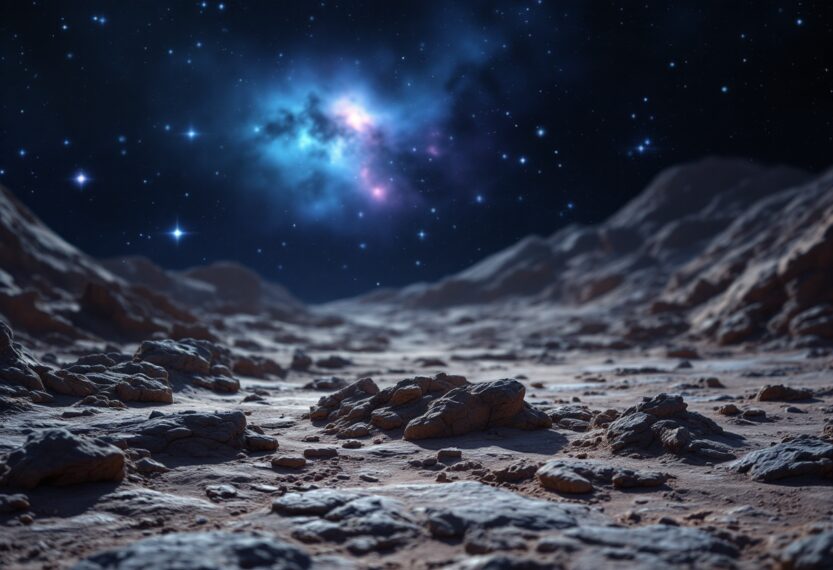A groundbreaking study led by a team of researchers from Cambridge University has unveiled what may be the most compelling evidence yet of extraterrestrial life. The focus of their research is K2-18b, a planet located in the habitable zone of its star, where conditions might be suitable for life as we know it. The team, under the guidance of Professor Nikku Madhusudhan, has detected molecules in the planet’s atmosphere that, intriguingly, are typically associated with biological processes on Earth, particularly those produced by marine algae.
Significance of the findings
Published in the prestigious Astrophysical Journal Letters, the study has ignited excitement within the scientific community, although the researchers are cautious in their interpretations. Dr. Madhusudhan emphasized during a recent conference that while the findings are revolutionary, they do not constitute definitive proof of life. “This is the first time humanity has seen potential biosignatures on a habitable planet,” he stated, highlighting the importance of this moment in the ongoing search for extraterrestrial life.
The challenges ahead
Despite the promising nature of these findings, the path forward is fraught with challenges. The current political climate poses significant threats to scientific exploration, particularly with proposed cuts to NASA’s science budget that could hinder future research endeavors. Dr. Madhusudhan and his team’s work could be jeopardized by these budgetary constraints, which aim to reduce funding by nearly half. This could effectively stall missions like the Habitable Worlds Observatory, which are crucial for further investigating the implications of their discoveries.
The future of exoplanet research
NASA has acknowledged the potential of Hycean exoplanets, a category into which K2-18b may fall, as a new frontier for exploration. However, the agency also pointed out that studying these distant worlds requires extensive observational time and resources. “To deduce the presence of life from an atmosphere alone, we would also need to know about the planet’s surface, interior, and environment,” a NASA statement noted, emphasizing that context is essential for understanding biosignatures. Without adequate funding, the ability of American scientists to continue their search for life beyond Earth remains uncertain.




